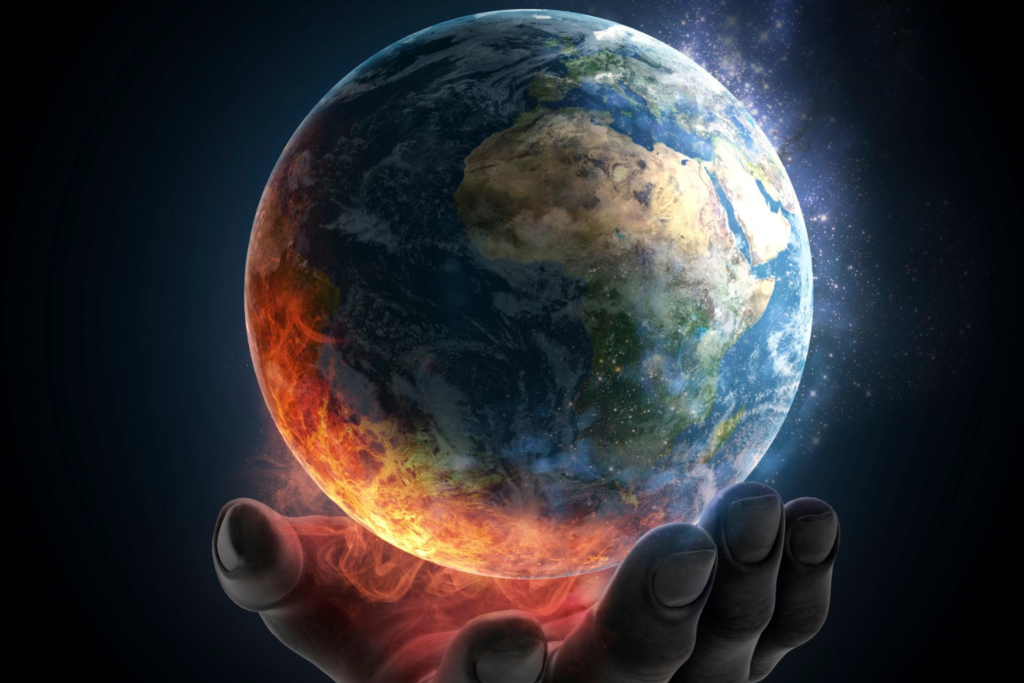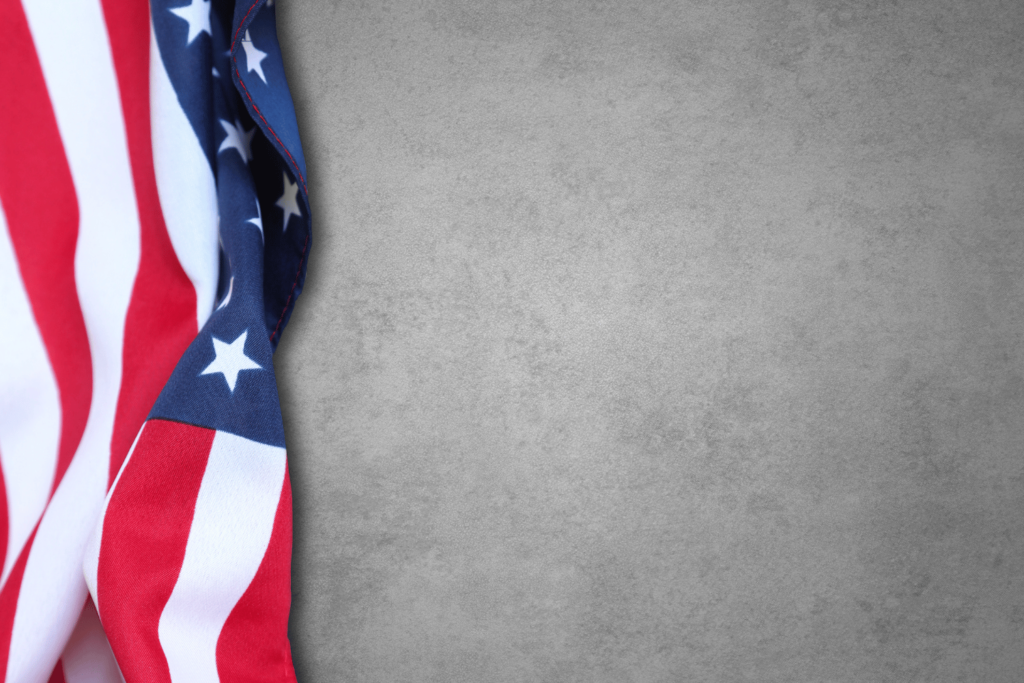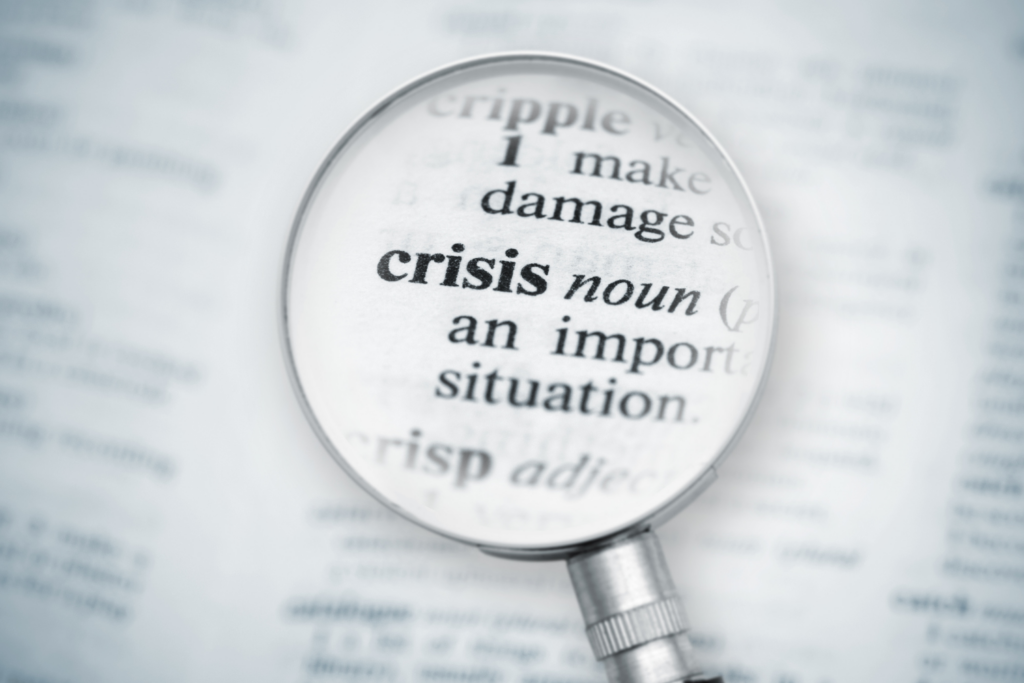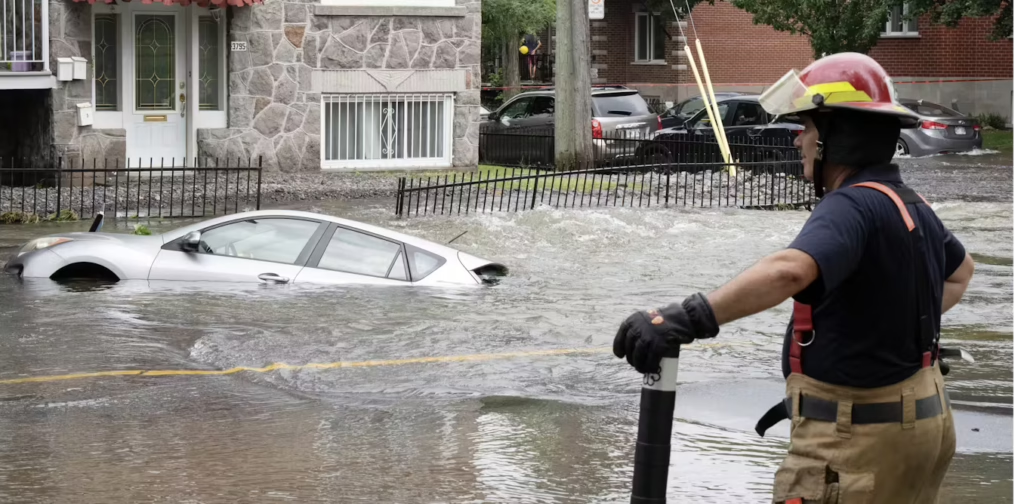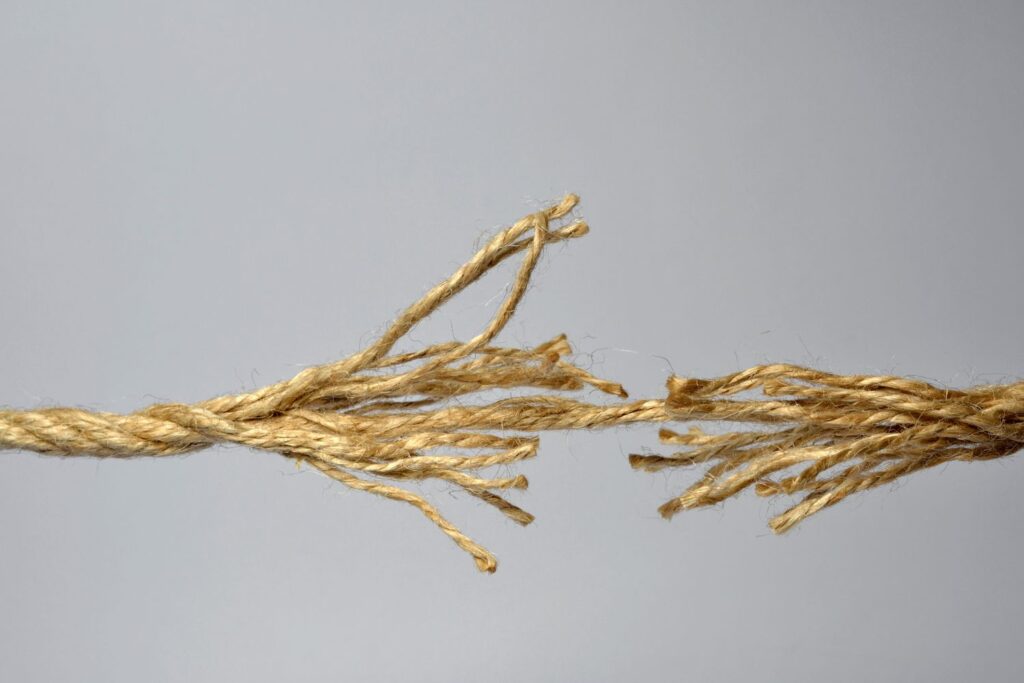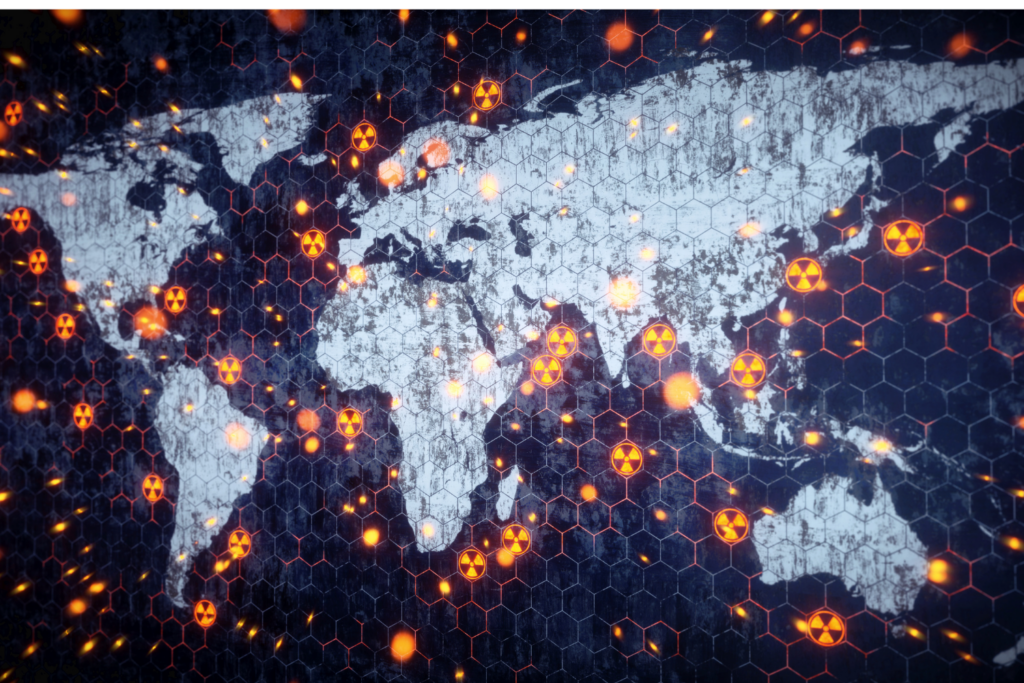We’re in a polycrisis. Philanthropy should adopt a systems-focused approach.
The author discusses the interconnected nature of current global challenges, emphasizing the substantial impact of locally-led, systems-focused approaches in addressing multidimensional issues. He highlights the importance of early-stage local organizations’ firsthand knowledge of their communities, systems mindset, agility, adaptability, and collaborative strategies.
We’re in a polycrisis. Philanthropy should adopt a systems-focused approach. Read More »


